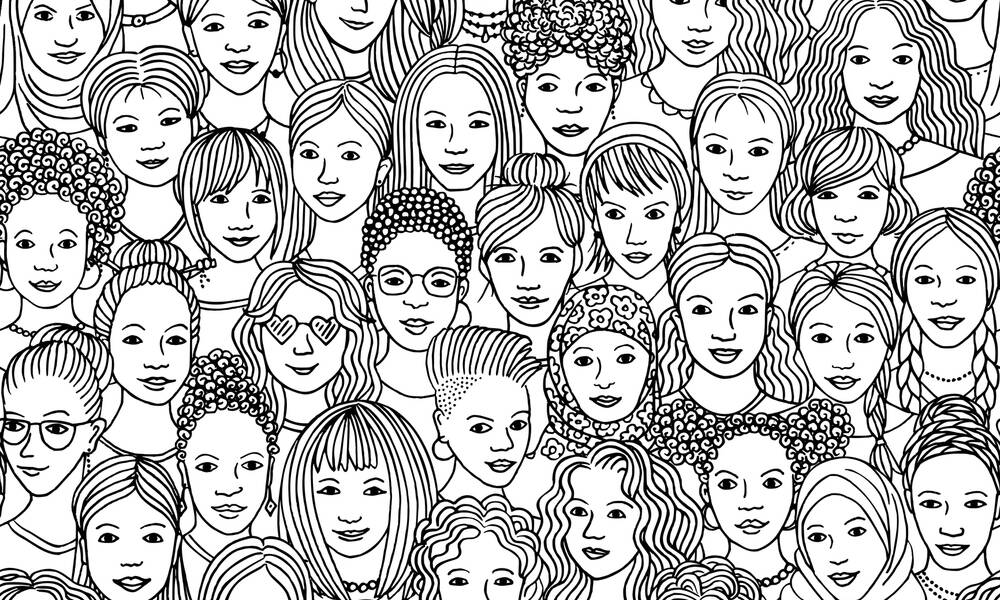
International Women’s Day: How the Meetings Industry Is Doing Its Part
The global meetings industry is predominantly female. In honor of Friday's celebration of the impact women make worldwide, here's a look at how the meetings industry is doing its part.
According to the U.S. Department of Labor, 77 percent of the country’s meeting, convention, and event planners are women. And you can find similar statistics across the globe, including in the United Kingdom and Australia.
Since today is International Women’s Day (IWD), I figured now’s the perfect time to take a look at how the global meetings industry is not only celebrating and helping boost the women within its ranks but also how it’s working to make sure women are represented as speakers and that female attendees feel safe. Here are some highlights.
Celebrating Industry Leaders
Last year, Positive Impact, a Manchester, England–based nonprofit that provides education and resources to support a sustainable events industry, created a new storytelling campaign in honor of IWD.
The project, called Girls Creating, invites people to recognize inspiring women in the meetings industry. The entries, which top more than 100 at this point, allow users to share what values these women have inspired, as well as a short story behind it.
In the same vein, Northstar Meetings Group and Smart Meetings celebrate the top women in the industry each year.
Helping Women Move Up the Ranks
Many industry groups are also doing their part to empower women. For example, at last year’s IMEX Frankfurt conference, She Means Business made its debut.
“She Means Business will provide a platform for forward-thinking women—and men—to come together and take action,” IMEX Group CEO Carina Bauer told MeetingsNet.
The half-day program covered topics from increasing the number of women in leadership roles to eliminating the gender pay gap. It also included presentations from female speakers currently succeeding in science, finance, and industry; a panel discussion; and networking opportunities. And it was such a success that the program will return to this year’s conference in May.
Ensuring EQual Representation
“The Gender Diversity & Inclusion in Events Report,” which was published in November by Bizzabo, highlighted some areas where the meetings industry falls short. The report found that just 31 percent of conference speakers worldwide are women. In the U.S., that number is only slightly better—at 35 percent.
Conference organizers and other groups are taking action to highlight the issue and reduce that gap. For instance, RSA Conference, a major cybersecurity event, faced heavy criticism after 19 of the 20 keynote speakers at its April conference were men. Because of this, organizers went on to develop a new diversity and inclusion initiative. And, according to a San Francisco Chronicle article published earlier this month, this year’s conference will have double the number of keynote speakers, including political strategist Donna Brazile and actress Tina Fey.
Then there’s GenderAvenger, a nonprofit with a mission “to help amplify the voices of people who witness an all-male event and want [to] draw attention to—and hopefully convince the organization to correct—the imbalance,” wrote Kristen Bellstrom in Forbes.
Last year, it created an app called GA Tally, which allows users to measure the gender and ethnic breakdown of a panel and account for how long each person talks. “The app turns the information into a simple graphic that can be shared (along with any appropriate hashtag) on social media,” wrote Bellstrom.
Working to Keep Female Attendees Safe
The ongoing #MeToo movement has shone a light on the prevalence of sexual harassment at conferences and other events.
Determined to end this, nine organizations—led by the Association for Women in Events (AWE) and joined by ASAE—came together in May to form a coalition aimed at stopping sexual harassment at events and in the workplace.
The coalition hopes to identify existing tools for stopping discrimination and harassment, as well as develop new resources to assist those working in the events industry.
“Together, we are here to take a stand against harassment and discrimination, and we are working together to make sure that everybody knows that we have a zero-tolerance policy,” said AWE President and Cofounder Kiki Fox.
Now it’s your turn: Whether you’re in the meetings industry or not, what are you or your association doing to celebrate and promote women? Please tell us about it in the comments.
(frimages/iStock/Getty Images Plus)






Comments